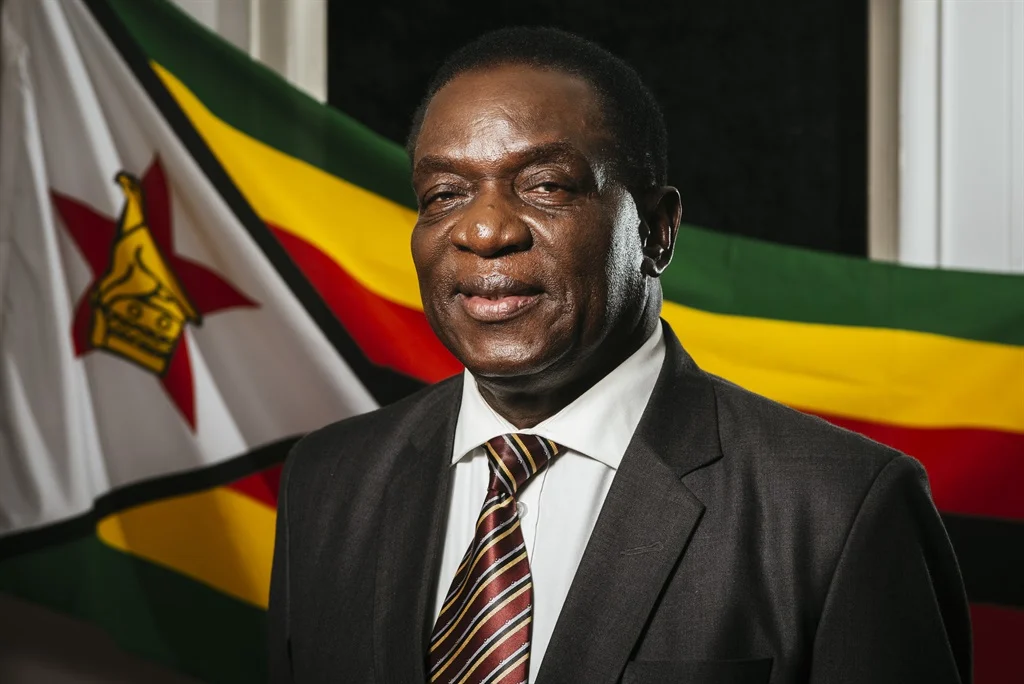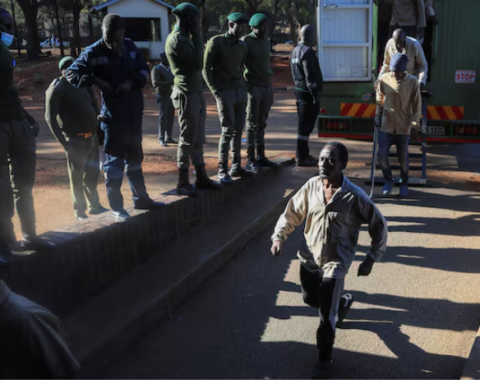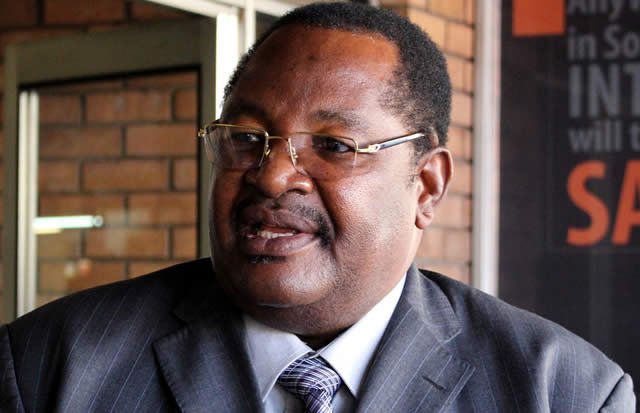President Emmerson Mnangagwa’s efforts to resurrect the Political Actors Dialogue (POLAD) initiative are reportedly encountering resistance from within his own party, ZANU PF.
Key figures within ZANU PF have voiced criticism against POLAD, labeling it as a futile exercise funded by taxpayers and yielding minimal results. The platform, initiated by Mnangagwa on May 17, 2019, following the contentious 2018 elections, has been a subject of contention within Zimbabwe’s political landscape.
While the main opposition party at the time, the Movement for Democratic Change Alliance, declined participation, those who joined POLAD were reportedly incentivized with luxurious Isuzu D Max vehicles and substantial allowances.
In a State-controlled newspaper column, President Mnangagwa expressed his intention to reinstate POLAD a month after the disputed 2023 general elections. However, nearly nine months into his final term, POLAD remains inactive. Mnangagwa’s spokesperson, George Charamba, reiterated the president’s commitment to the dialogue platform but offered no concrete timeline for its revival.
Sources within ZANU PF revealed skepticism towards POLAD’s necessity, citing the ruling party’s dominant position in Parliament. Some officials argued that since most presidential candidates in the previous elections lacked significant support, investing taxpayer funds in POLAD seemed unnecessary.
Despite internal pushback, Mnangagwa appears determined to proceed with the initiative, intending to meet other POLAD principals after Independence Day celebrations. However, logistical hurdles, including the absence of the POLAD head of secretariat, Virginia Mabhiza, have delayed these plans.
Critics have raised concerns that POLAD might serve to undermine opposition voices rather than promote multi-party democracy. Questions have also been raised regarding the funding sources for the lavish perks provided to political participants within the dialogue framework.
As debates surrounding the viability and purpose of POLAD persist, Zimbabwe awaits clarity on its political landscape and the potential implications of Mnangagwa’s persistence in reviving the dialogue platform.








